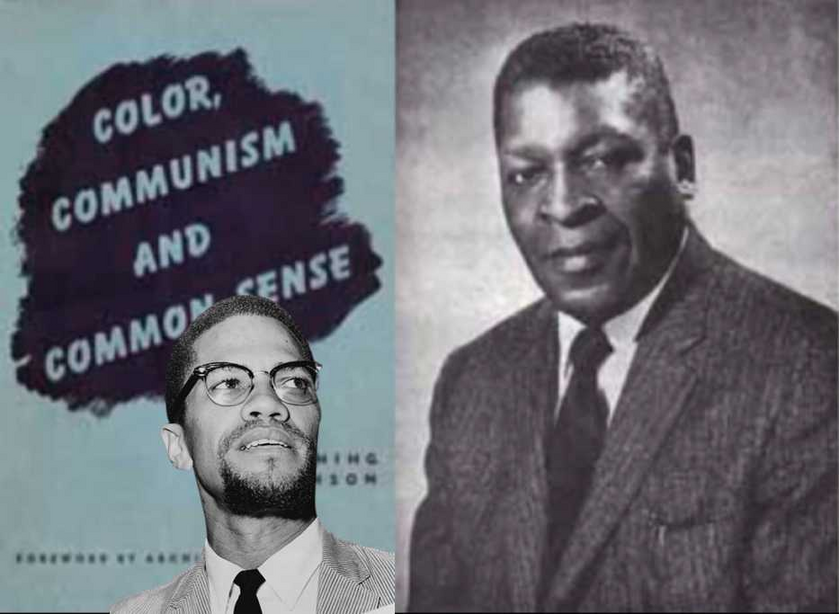Act 1: Foundations and Fault Lines
In a quiet chateau nestled in the green hills of Auvergne, a boy was born into a name older than most nations. Marie-Joseph Paul Yves Roch Gilbert du Motier—known simply as Gilbert to those who loved him—would grow to be one of history’s most celebrated revolutionaries. But from the very start, Lafayette's world was one of contradictions.
He was born into nobility, yet surrounded by stories of poverty and loss. His father, a decorated grenadier, was killed by a British cannonball before Lafayette ever saw his face. His mother, devastated by grief, fled to Paris, leaving young Gilbert to be raised by his stern but kind grandmother in the countryside. She taught him duty, discipline, and stories of battlefield glory. Under the watchful eyes of abbés and aristocrats, Lafayette soaked in the values of the French Enlightenment. Reason, liberty, the rights of man—these became the drumbeat of his youth.
But knowledge alone doesn’t make a man wise.
From the halls of Paris to the salons of Versailles, Lafayette learned to charm and maneuver. He married Adrienne de Noailles, a fourteen-year-old girl from one of France’s most powerful families. At sixteen, Lafayette was rich, married, and well on his way to joining the king’s elite guard. But behind the courtly elegance, something restless stirred in his heart. He longed for purpose—glory, as he called it. The kind that would echo through time.
So when whispers of rebellion across the Atlantic reached his ears, he was enthralled. America, a land fighting for liberty against the British—the very empire that had taken his father—became an obsession. Even when King Louis XVI forbade it, Lafayette defied him, sneaking across the sea to join George Washington’s struggling army.
From a worldly point of view, it was heroic. A young man leaving behind wealth, a pregnant wife, and privilege to fight for strangers. But beneath the idealism, there was a flaw—a subtle one, but dangerous.
Lafayette believed that man could save himself.
Through reason. Through revolution. Through liberty unanchored from any higher truth.
He didn’t yet understand what the Bible makes clear: that the heart of man is “deceitful above all things” (Jeremiah 17:9), and that liberty without virtue is just another form of chaos. Lafayette loved the idea of freedom, but he lacked a framework that could keep that freedom from becoming an idol. He was, in many ways, a knight in search of a cause—but without a compass pointing to God's moral order.
While Lafayette crossed the Atlantic in search of glory, Adrienne was left behind in Paris, pregnant and alone. She received glowing letters—tales of cannons and courage—but little concern for her own trials. She had married a boy still chasing the ghost of a father he barely knew.
In America, Lafayette was welcomed… reluctantly. The Continental Congress had seen too many glory-seeking Europeans hoping to play general. At first, they dismissed him. But when Lafayette offered to serve without pay, and when they read letters of praise from Benjamin Franklin, they reconsidered. Lafayette was given the honorary title of major-general—though he would command no troops.
He met George Washington soon after, and an unexpected friendship blossomed. Washington, a man of discipline and restraint, took the fiery Frenchman under his wing. Lafayette found in Washington a father figure, and in the American cause, a sense of belonging.
But even as Lafayette fought bravely in battle—earning respect and even suffering wounds—he never stopped chasing applause. And back in France, Adrienne suffered silently, raising children alone, enduring gossip about Lafayette’s rumored mistresses, and using her influence to protect his reputation.
She loved him. He often forgot to love her in return.
The story of Lafayette was already being written in two parallel threads: the public hero, adored on two continents, and the private man, blind to the cost others paid for his ambitions.
Even his noblest efforts—his fight for liberty, his calls to end slavery, his dreams of global reform—were built on a foundation that was subtly cracked.
He believed, as many Enlightenment thinkers did, that humanity was basically good, that progress was inevitable, and that the right ideas could fix the world.
But history—and Scripture—tell a different story.
"Unless the Lord builds the house, the builders labor in vain." (Psalm 127:1)
Lafayette’s foundation was bold. But it wasn’t biblical.
And the storm was coming.
Let me know if you're ready for Act 2: Fallout and Fractures. It will dive into the French Revolution, betrayal from both sides, Adrienne’s suffering, and the unraveling of Lafayette’s ideals.
Act 2: Fallout and Fractures
The smell of smoke lingered in the Paris air. The Bastille had fallen. The people roared. The king trembled. And in the center of it all stood Lafayette—beloved by some, cursed by others, and no longer sure who he truly was.














